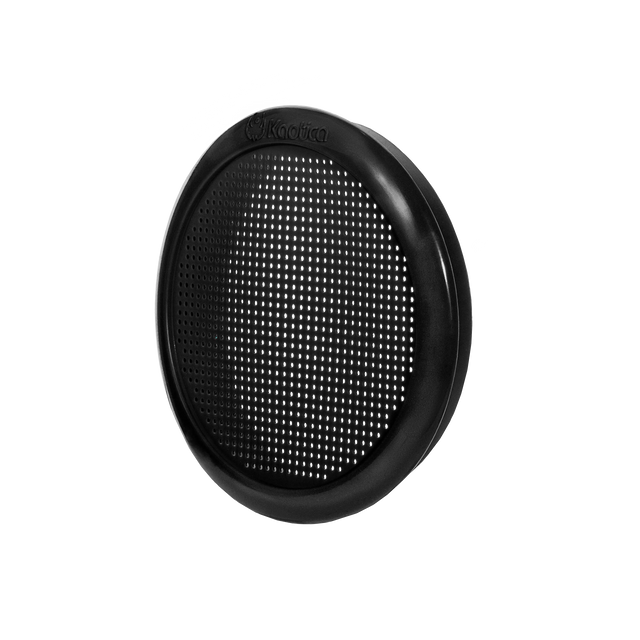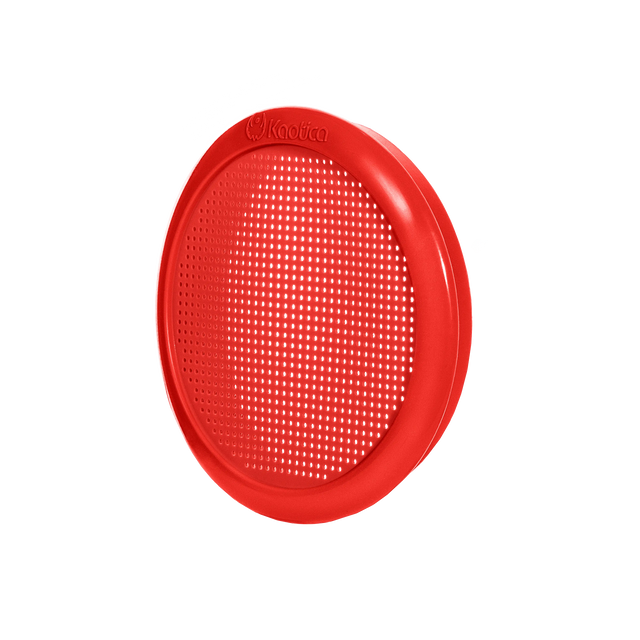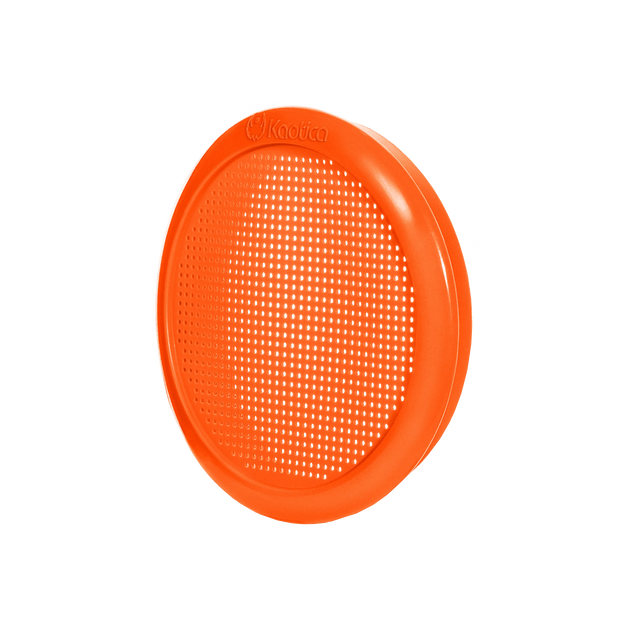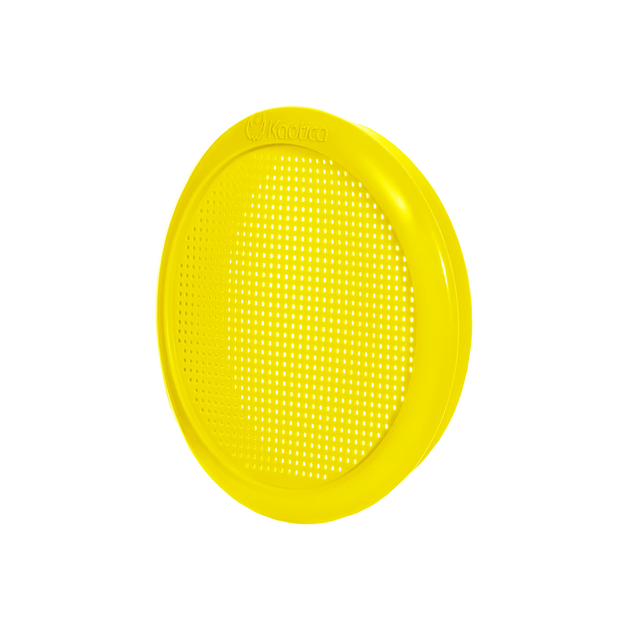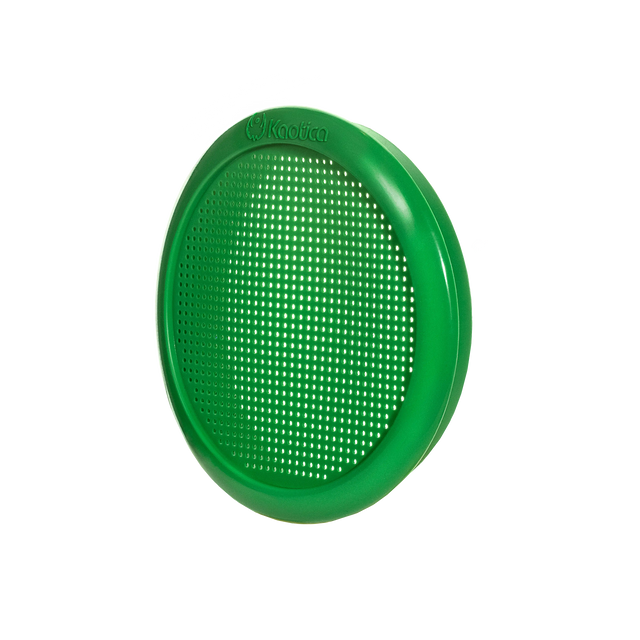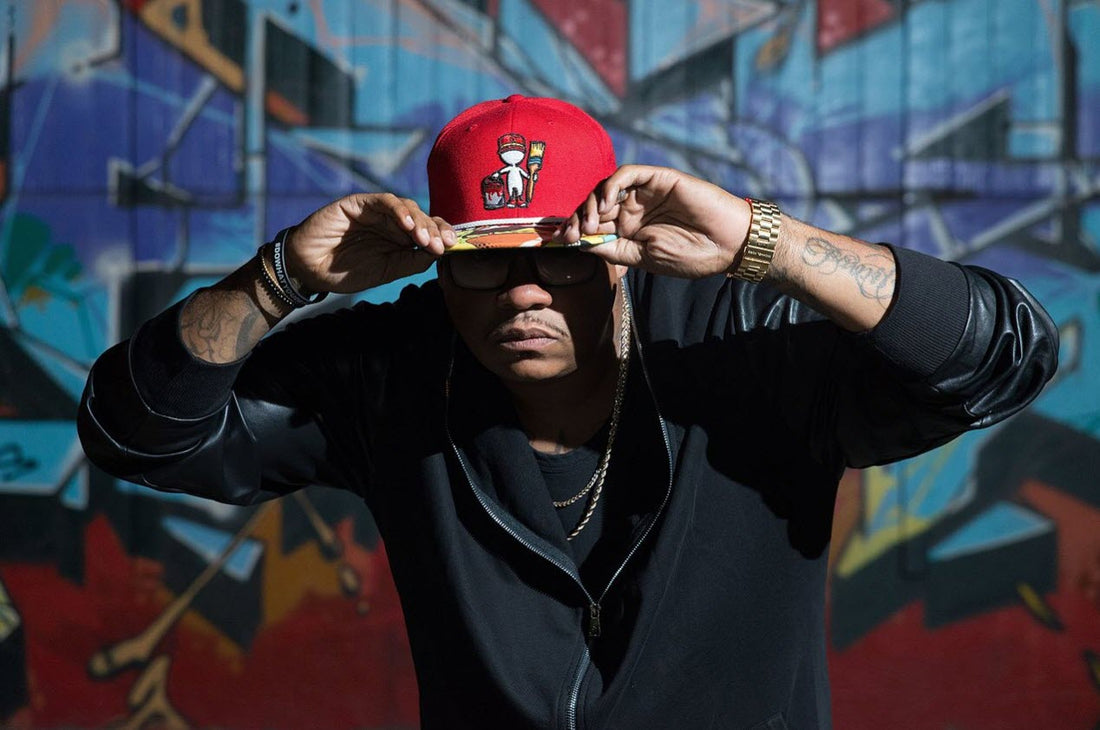
Focus Producer | Dr. Dre | Bringing the Booth with Me
Atlanta is such a smoldering hotbed of talent that sometimes it’s hard to keep up with the mile long list of noteworthy creators who are shaping the music scene today within these city limits. Bernard Edwards, Jr., professionally known as Focus, is one of those people. He is a veteran music producer, originally from New York City, who has since claimed Atlanta as his chosen main digs.
Focus became a known quantity in the music business when he joined forces with Dr. Dre's Aftermath Entertainment, in 2002. He grabbed Dre’s attention when an artist Focus had produced, Daks, greatly impressed Dre. So much so that he signed Focus just so that they could continue to collaborate.
Since that time he has produced tracks for an impressive list of star studded artists, including Dr. Dre, Eminem, Snoop Dogg, Christina Aguilera, Beyoncé, Kendrick Lamar,and a whole lot more. Focus also worked closely with Dre and others to help craft Dre’s Grammy nominated, highly anticipated album Compton.
You could say that Focus has the groove in his blood, emanating from deep down in his DNA.
After all, his father, the late Bernard Edwards, was the bass player and co-founder of the legendary disco and R&B band, Chic, whose other co founder was another very famous producer, Nile Rogers. Focus credits his father with instilling his love of music production, a skill he acquired at a very young age from attending numerous studio sessions with his dad.
We sat down in the studio with Focus and he was gracious enough to share his talent and his insights with us on the subject of making music happen in the recording studio.
You were kind of brought up in the game, hanging out in recording studios at a young age. How would you say you use the studio as your musical instrument?
"As far as the studio is concerned there’s way more going on in here than just music making. It's a therapy for me. It's a therapy session. I get to come in here and be myself to the fullest."
There's not one thing that I don't utilize to make music, be it sampling or…I have a nice little collection of CDs and have a little collection of vinyl. I got rid of a lot of my vinyl because I was moving back and forth. It was too much to lug around. You know if I'm using my voice or use my studio microphone I'll put my mic on and in like two seconds start doing something vocally. So there's really nothing that I kind of bound myself to because there’s no one set way for me to make music. It just depends on the mood.
How important is the vocal to the song?
I think that the most important part of any song is the vocal unless it's an instrumental record. My favorite instrument in a studio is the voice because the voice can go anywhere at any given time. And there's so much you can do with it. So much texture that you can create with it. So I've always said that my favorite instrument to play with is a vocal. I don't think that there's anything less important in a song. They all play their position. But if you're going to make a song a composition with the vocal then the most important thing would have to be the vocal I would think.
How has the Eyeball helped your art?
"First off, the Kaotica Eyeball made me sexy in all the studios because I was the first to have one."
Second thing. Every time I pulled the thing out everybody wanted to know where to get it because I was the first to have it.
"But when it comes down to it the Eyeball made it easy to set up a portable recording studio anywhere and made it easy for me to grab a vocal anywhere. I would just keep up a portable mic."
I had a portable iRig mic and I threw that Eyeball on there and people thought I was using a studio mic just because it sounded so tight and so clean. So it was part of my rig after that and it was easy to bring around with me. It's my mobile vocal booth. I just throw it in the bag or I keep it in the box. Just understand that I was sexy in the studio first off. Everybody thought it was a mic when I first brought it in. They were like ‘Yo, what kind of mic is that?’
What inspires you to make music?
"One thing I would love for everybody to understand is that music is supposed to evoke emotion. Music is supposed to be emotional. It’s supposed to be a spiritual engagement between you and whoever the composer is."
And for some reason the creativity in music has disappeared. Everybody's doing the exact same thing. There's too many people doing the same rolling high hat, the same 808 snares and things like that. Nobody's really pushing the boundaries of texture anymore. One thing I do know that the Kaotica Eyeball, if you're going to do things outside of your studio you can bring this with you and cut a vocal anywhere. It's like a vocal booth to go.
"Somebody could get inspiration standing next to a babbling brook."
You can be outside and really cut a vocal You can be somewhere and if you need to do any kind of focused vocal or focus point you can use the Kaotica Eyeball. It's very transportable and I think that if anything it will help you with creativity.
So many people want to make the next hit record and don't understand that a lot of those hit records weren't made after another hit record. They weren't copies of another hit record. They were making what they felt in that moment. So it's very important to keep creativity at the helm of whatever you're creating. That's how we create.





